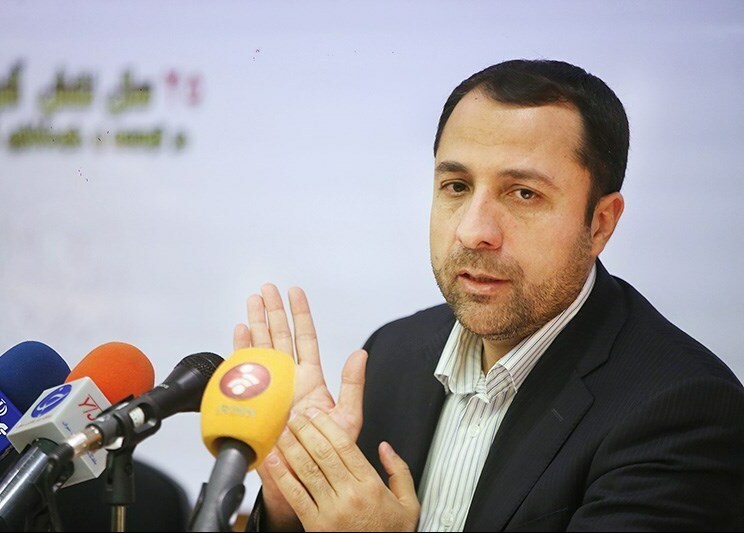The $6 billion fund, recently unfrozen by the US, came under scrutiny following reports that Washington and Doha had agreed to stop Iran from accessing it.
Iran’s Ambassador to Qatar Ali Salehabadi has dismissed allegations by United States officials that recently-released Iranian assets were blocked in the Gulf country.
This came during an interview with Iran’s Islamic Republic News Agency (IRNA), where Salehabadi said that banking procedures are well underway, emphasizing that the Iranian funds – now unfrozen as part of a prisoner exchange with the US – remain entirely accessible.
In September, Qatar led a central role in the historic Iran and US prisoner swap, which saw five prisoners released by each side in exchange for unlocking $6 billion worth of Iranian assets.
“Six Iranian banks are cooperating with two Qatari banks, and we are closely monitoring the intricate details of the banking developments. The banking procedures are progressing smoothly,” said the newly-appointed ambassador and former governor of Iran’s Central Bank.
The Iranian diplomat further highlighted the commitment of Qatari officials to facilitate the process, saying: “Joint initiatives between Iran and Qatar are underway to ensure the optimal and comprehensive use of these banking resources.”
In October, Qatar’s Prime Minister Sheikh Mohammed bin Abdulrahman Al Thani affirmed his country’s dedication to fulfilling the agreement involving $6 billion of Iranian funds in Qatari banks, a deal sealed in cooperation with the US.
“Qatar is always committed to any agreement, and every step must be done through consultations with other partners that fund,” Sheikh Mohammed, who is also the country’s foreign minister, said during a joint press conference with US Secretary of State Antony Blinken.
The funds came under scrutiny following reports over an alleged agreement between Washington and Doha to stop Iran from accessing its $6 billion.
The Iran and US prisoner swap deal came under intense spotlight after Hamas attacked southern Israel on October 7. Iran has long backed Palestinian resistance to the Israeli occupation.
Blinken said he had “not yet seen evidence that Iran directed or was behind this particular attack, but there’s certainly a long relationship,” he said referring to Hamas’s October 7 attack.
Blinken claimed in October that Iran has not yet been able to spend any of the $6 billion in funds that were unfrozen in a US-Iran prisoner swap in September.
“None of the funds that have now gone to Qatar have actually been spent or accessed in any way by Iran,” Blinken told reporters during a visit to Israel in October.
“Indeed, funds from that account are overseen by the Treasury Department, can only be dispensed for humanitarian goods — food, medicine, medical equipment — and never touch Iranian hands. We have strict oversight on the funds, and we retain the right to freeze them,” he added,” he added.
Tehran vehemently rejected the US claims, with Iran’s mission to the United Nations saying: “The news is devoid of veracity, the publication of which would tarnish the credibility of the Washington Post.”
Iran-US prisoner swap in Qatar
The prisoner swap deal found its roots in negotiations conducted earlier this year in Doha.
On September 18, the prisoner swap deal saw both sides release five prisoners each and $6 billion in Iranian assets unfrozen and sent from South Korea to banks in Qatar. As per the agreement, Doha is set to oversee the allocation and use of the funds.
Qatar was considered best fit to broker the deal and subsequently host this historic swap, despite other mediators, such as Oman and Switzerland, being involved in the years-long process.







